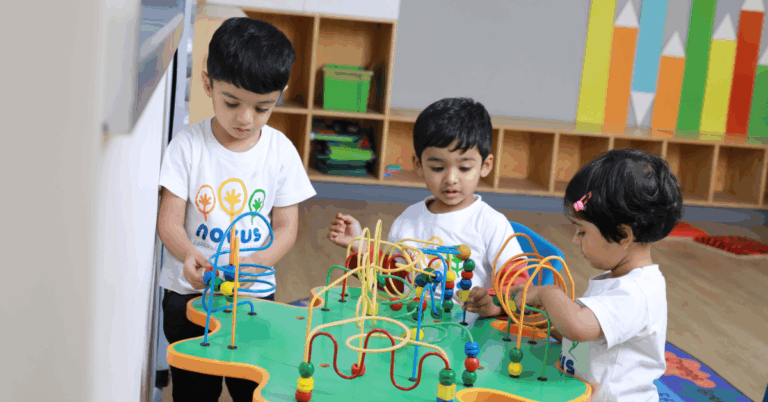Promoting Intergenerational Engagement in Schools
Intergenerational engagement in schools fosters a sense of community and mutual respect among students, teachers, and older community members. By bringing together individuals from different age groups, students gain valuable insights and perspectives that go beyond traditional classroom learning. This exposure to diverse experiences helps in promoting empathy, tolerance, and understanding towards others.
Moreover, intergenerational engagement in schools provides opportunities for meaningful mentorships and friendships to develop. Older adults can serve as mentors, sharing their wisdom and life experiences with students, while students can offer fresh perspectives and technological skills in return. These relationships not only benefit the academic growth of students but also contribute to their social and emotional development in a holistic manner.
• Intergenerational engagement promotes empathy, tolerance, and understanding
• Students gain valuable insights beyond traditional classroom learning
• Opportunities for meaningful mentorships and friendships to develop
• Older adults serve as mentors sharing wisdom and life experiences
• Students offer fresh perspectives and technological skills in return
Challenges Faced in Implementing Intergenerational Programs
One common challenge faced in implementing intergenerational programs is the lack of awareness and understanding among stakeholders. Educators, parents, and community members may not fully grasp the benefits of intergenerational engagement, leading to resistance or reluctance to participate. This lack of awareness can hinder the successful integration of intergenerational activities within schools and communities, making it difficult to garner support and participation.
Another challenge is the logistical obstacles that come with coordinating activities involving multiple generations. Scheduling conflicts, transportation issues, and differing expectations can all pose significant barriers to the effective implementation of intergenerational programs. Without careful planning and coordination, it can be challenging to create meaningful and sustainable interactions between different age groups, limiting the potential impact of intergenerational initiatives.
Strategies for Building Strong Intergenerational Relationships
Cultivating strong intergenerational relationships in educational settings requires intentional effort and open communication. It is essential for both younger and older participants to actively listen to each other’s perspectives and lived experiences. By fostering a collaborative environment where individuals feel valued and respected, meaningful connections can be forged across generations.
Engaging in activities that promote mutual understanding and shared learning can further strengthen intergenerational bonds. From joint projects that capitalize on the unique strengths of different age groups to mentorship programs that offer guidance and support, opportunities for intergenerational interactions should be diverse and inclusive. By embracing the wealth of knowledge and diversity that each generation brings, schools can create a more inclusive and enriching environment for all involved.
What are some benefits of intergenerational engagement in schools?
Intergenerational engagement in schools can help foster empathy, respect, and understanding between different age groups. It also provides opportunities for learning from each other’s experiences and perspectives.
What challenges are commonly faced in implementing intergenerational programs?
Some common challenges in implementing intergenerational programs include logistical issues, such as coordinating schedules between different age groups, as well as addressing potential conflicts or misunderstandings that may arise due to generational differences.
What are some strategies for building strong intergenerational relationships?
Some strategies for building strong intergenerational relationships include promoting open communication, encouraging active listening, facilitating shared activities and experiences, and providing opportunities for mentorship and mutual support.







